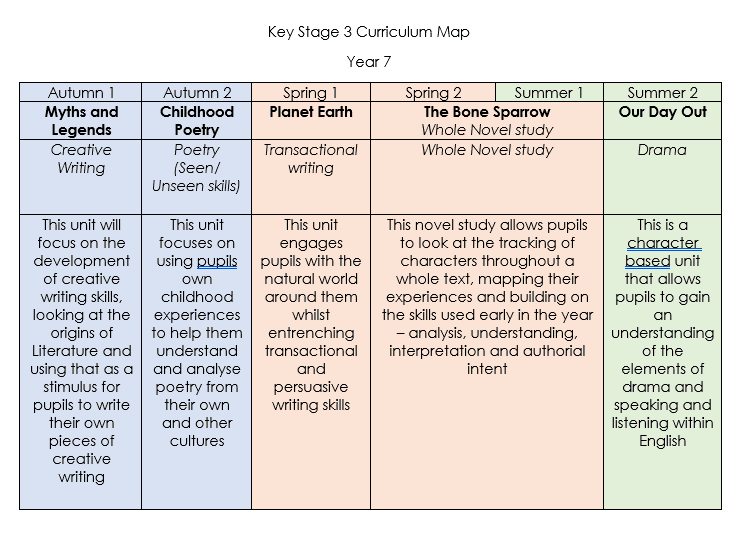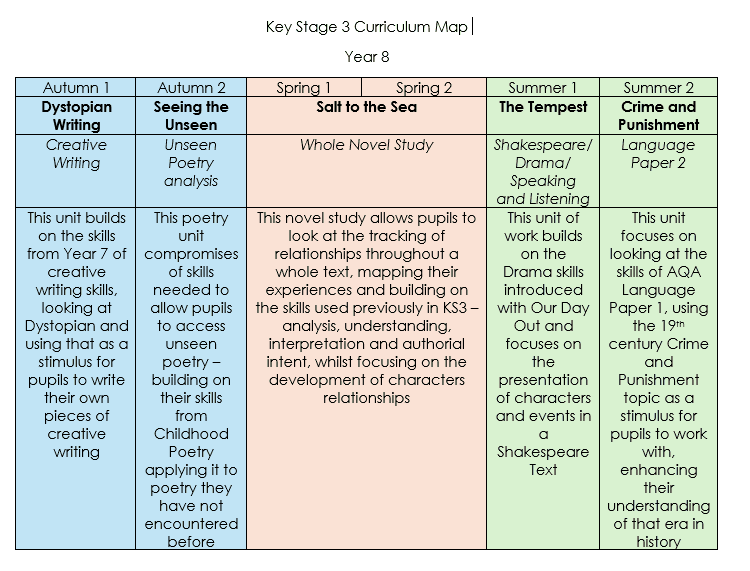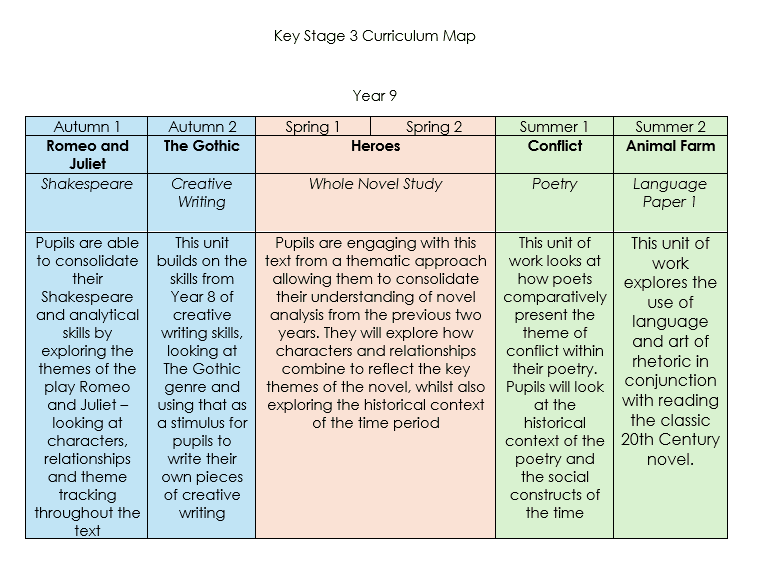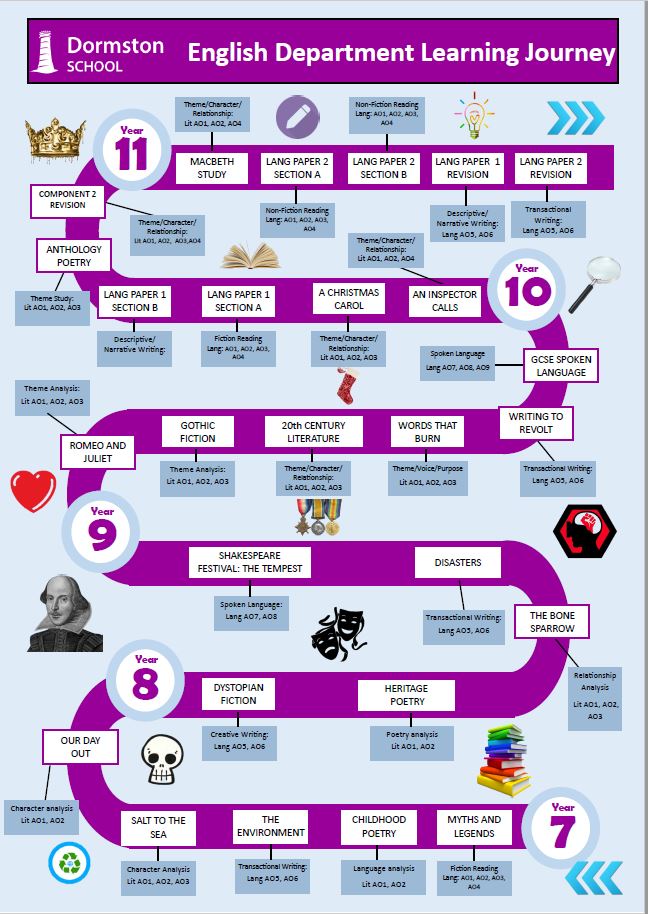Instalment 1 with Mr Corns – Chapter 1 – Chapter 2 – Chapter 3 –Chapter 4
Instalment 2 with Miss Chaplin: Chapter 5 – Chapter 6 – Chapter 7 – Chapter 8
Instalment 3 with Miss Sadler: Chapter 9 – Chapter 10 – Chapter 11 – Chapter 12
Instalment 4 with Mr Bourne: Chapter 13 – Chapter 14 – Chapter 15 – Chapter 16
Instalment 5 with Miss Stevens – Chapter 17 – Chapter 18 – Chapter 19 – Chapter 20
Instalment 6 with Miss Merrick :Chapter 21 – Chapter 22 –Chapter 23 – Chapter 24
Instalment 7 with Mrs Moseley
Instalment 8 with Mrs Millership: Chapter 29 – Chapter 30 – Chapter 31 – Chapter 32
Instalment 9 with Mr Fox: Chapter 33 – Chapter 34 – Chapter 35 – Chapter 36
Instalment 10 with Miss Chaplin: Chapter 37 – Chapter 38 – Chapter 39 – Chapter 40





